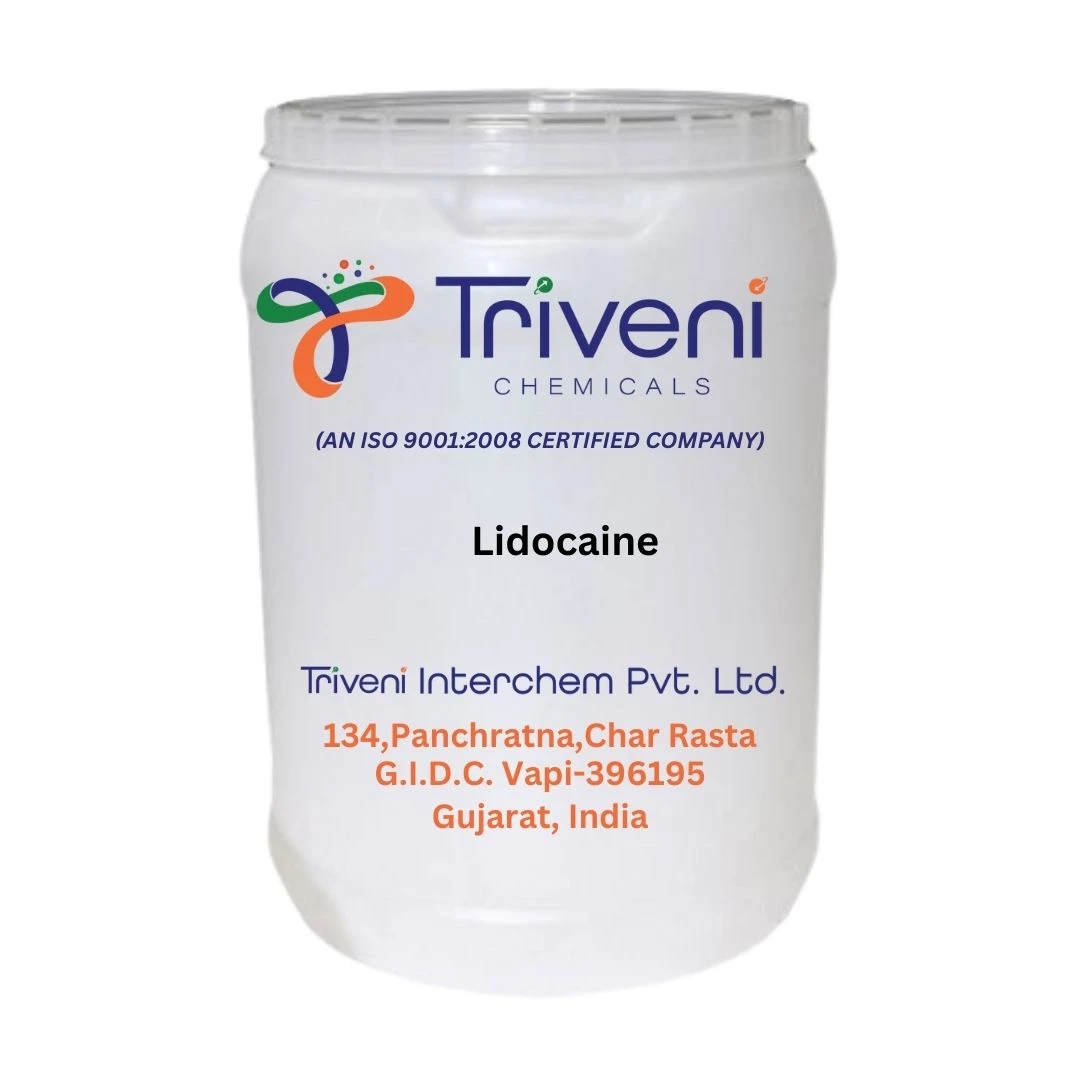The heart's ventricles are the source of ventricular tachycardia (VT), a potentially fatal cardiac arrhythmia marked by a fast, regular pulse. The heart beats more quickly than usual—typically more than 100 beats per minute—when VT occurs because of aberrant electrical signals in the heart. People who have structural heart disease,..
The heart's ventricles are the source of ventricular tachycardia (VT), a potentially fatal cardiac arrhythmia marked by a fast, regular pulse. The heart beats more quickly than usual—typically more than 100 beats per minute—when VT occurs because of aberrant electrical signals in the heart. People who have structural heart disease, such as those who have had prior heart attacks, cardiomyopathy, or heart failure, may experience this syndrome. It can also appear in people who have never had a heart problem before, usually due to electrolyte abnormalities, specific drugs, or inherited tendencies. A broad QRS complex on an electrocardiogram (ECG) is indicative of ventricle-to-atrial transduction (VT), where the electrical signal originates in the ventricles instead of the atria. This may result in mild symptoms like palpitations, dizziness, and chest pain, or more serious ones like cardiac arrest, fainting, and loss of consciousness. The stability of the patient and the existence of symptoms determine how VT is treated. Defibrillating a patient who is unstable and exhibiting severe symptoms like hypotension or loss of consciousness often needs to happen right away. To do this, a regulated electric shock is given to the heart to return it to its regular rhythm. Antiarrhythmics are one type of drug that may be used to assist stabilize patients with VT by controlling their heart rate and rhythm. In this case, amiodarone and lidocaine are frequently prescribed drugs. Catheter ablation is one method that may be suggested in certain circumstances to target and eradicate the aberrant electrical pathways causing the arrhythmia. Finding and treating underlying causes of VT, such as heart failure or coronary artery disease, is often necessary for long-term care. Reducing the likelihood of recurring episodes of ventilator-associated vomiting (VT) can also be achieved through lifestyle improvements like stopping smoking, keeping a healthy weight, and treating illnesses like high blood pressure or diabetes. For those who have experienced VT in the past, routine follow-up visits with a cardiologist are crucial in order to evaluate heart health, make any medication adjustments, and take immediate action in the event of any alarming symptoms. Many people with VT can enjoy normal, full lives while reducing their risk of deadly arrhythmias with proper management and lifestyle modifications.



